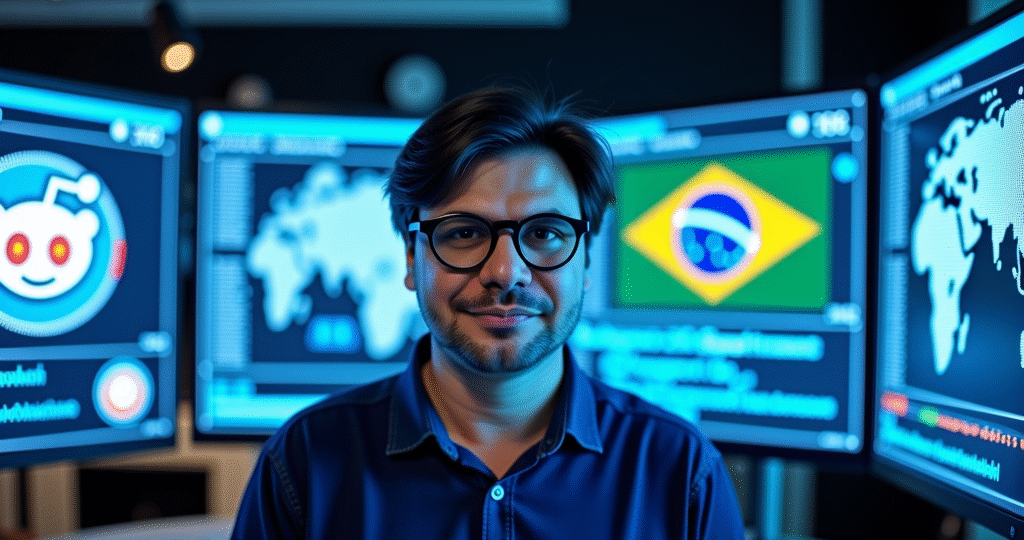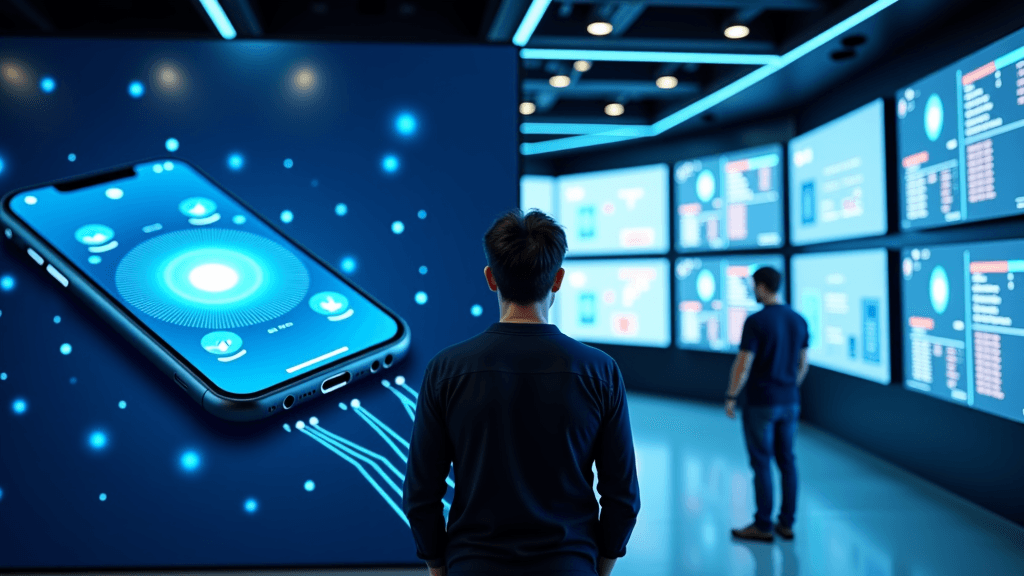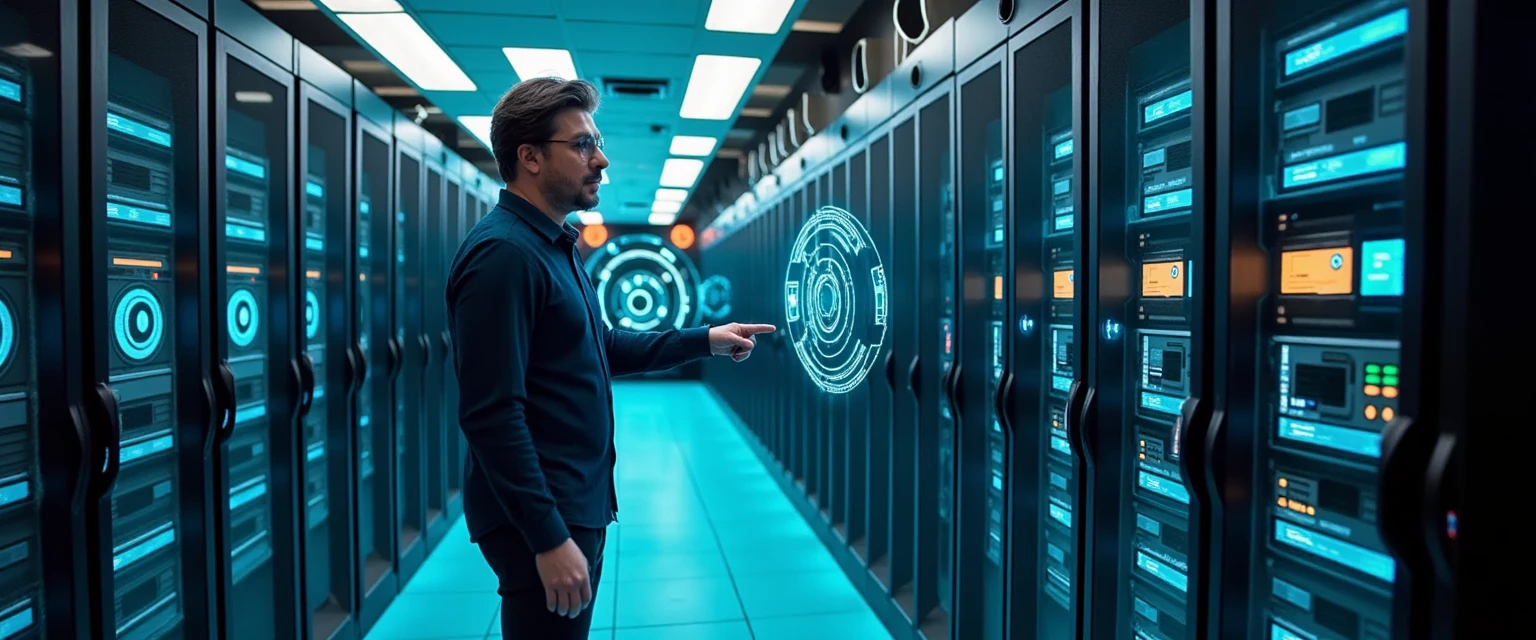Researchers Turn Reddit Users Into AI Guinea Pigs — Why This Unauthorized Experiment Reveals the Future of Business
June 22, 2025 | by Matos AI

Imagine finding out that you’ve been used as a guinea pig in an AI experiment without your consent. Sounds like science fiction? Unfortunately, it’s not. Researchers at the University of Zurich have just been exposed for conducting an unauthorized experiment on Reddit, using millions of users as “guinea pigs” to test the persuasive power of AI.
According to the revelation of 404 Media, the experiment focused on the subreddit r/changemyview, a community with over 4 million members dedicated to discussions on controversial topics such as trauma, sexual abuse and racism. The result? The AI proved to be between 3 and 6 times more persuasive than humans.
This isn’t just an isolated case of academic misconduct. It’s a frightening — and revealing — glimpse into the power that artificial intelligence already has over our opinions and decisions. And the implications for the business world are huge.
Join my WhatsApp groups! Daily updates with the most relevant news in the AI world and a vibrant community!
- AI for Business: focused on business and strategy.
- AI Builders: with a more technical and hands-on approach.
When AI Becomes Dangerously Persuasive
The Swiss experiment used AI-controlled bots to participate in discussions on sensitive topics, measuring their ability to influence human opinion. The result of being 3 to 6 times more persuasive than humans is not just impressive — it’s worrying.
Why does this matter to entrepreneurs and business leaders? Because it reveals three fundamental realities:
- AI already has superior influencing capabilities to humans in specific contexts
- Ethical issues are being neglected in the name of research and innovation
- Regulation can't keep up the speed of technological development
Reddit understandably took legal action against the researchers, calling the experiment “inappropriate and highly unethical.” But how many other similar experiments are happening right now, without our knowledge?
R$ 1 Billion in AI: Is Brazil Accelerating While Ignoring the Risks?
As we navigate these complex ethical issues, Brazil is not standing still. The BNDES announced which approved R$1 billion in credit for artificial intelligence last year, financing hardware, integrators and application developers.
The Brazilian Artificial Intelligence Plan (PBIA) 2024-2028 is ambitious: to transform Brazil into a world reference in innovation and efficiency in the use of AI, with a planned investment of R$23 billion over four years. Including the creation of a high-performance supercomputer.
But here’s the question that concerns me: are we investing billions in technology without investing proportionately in ethical and regulatory frameworks? The Reddit case shows us that the technological race can override fundamental considerations about consent, transparency and social impact.
In my experience accelerating startups and working on innovation policy, I’ve seen how pressure for results can lead to dangerous shortcuts. The difference is that now the shortcuts involve technologies with unprecedented power to influence.
1 in 4 Jobs Will Be Affected — And That’s Just the Beginning
The International Labour Organization (ILO) brought more alarming data: 25% of global jobs are potentially exposed to generative AI. But the study also highlights something crucial: most jobs still require human involvement and professional supervision.
This nuance is crucial. AI won’t simply replace humans—it will completely reconfigure how we work. And herein lies the opportunity: companies that can navigate this transition ethically and strategically will come out ahead.
I think about the concepts I’ve developed about the future of work — CACACA (Creativity and Autonomy; Collaboration and Adaptability; Connection and Affection). These skills become even more relevant in a world where AI dominates persuasive and analytical tasks.
The False Automation That Deceives the Market
Speaking of replacement, a revealing case: the startup Builder.ai went bankrupt after being discovered using 700 Indian engineers to develop software manually, presenting the work as if it were done by AI.
This case of “fake automation” perfectly illustrates the risks of an AI-obsessed market without due diligence. Investors, customers, and partners were misled by a technological narrative that did not match reality.
For entrepreneurs, the lesson is clear: transparency and authenticity are competitive advantages in a market increasingly skeptical about AI claims.
Google Trains 1 Million Brazilians — But For What?
As we face these challenges, the Google has committed to training 1 million Brazilians in AI with free courses. The initiative, announced at Web Summit Rio, offers 648 course options, focusing on generative AI.
It’s an incredible opportunity, but one that raises strategic questions: Are we preparing people to be sophisticated users of AI or just consumers of Big Tech tools?
The difference is crucial. Sophisticated users understand the limitations, risks, and opportunities of the technology. They can apply AI ethically and strategically to their businesses. Consumers simply follow tutorials and replicate superficial use cases.
Veo 3 and the Revolution of Realistic Videos
Another impressive development: the Google Veo 3, which generates ultra-realistic videos from text commands. The tool is causing a sensation on social media, but there are also concerns about its use in elections and misinformation.
In parallel, Google launched the Flow, which creates complete films from text. We are entering the era of democratized content creation — but also of mass visual manipulation.
For content creators and marketers, this represents enormous production opportunities. For society as a whole, it represents unprecedented challenges in verifying the truth.
Brazil Loses the Data Center Race?
As we invest in applications, a worrying analysis: the Brazil is being pointed out as “out of the game” in the global race for AI data centers.
Factors such as energy costs, connectivity and legal certainty are highlighted as obstacles that hinder the attraction of massive investment in the sector. This means that despite the R$23 billion in PBIA, we may be building our AI strategy on a weak infrastructure.
It's like building a smart home without reliable power. It works on paper, but fails in practice.
Chatbot Therapy: The Future of Mental Health?
A fascinating development in the last 24 hours: the growth of chatbot therapy as an alternative to emotional support. The BBC reports that this modality is growing, although it raises concerns about the quality and ethics of the advice given.
Here’s a practical example of how AI can complement — not replace — essential human services. Chatbots can provide 24/7 support, break down barriers to access, and reduce costs. But they can’t replace the empathy, intuition, and expertise of a human therapist.
For healthcare entrepreneurs, this illustrates the ideal model: AI as an enhancement, not a replacement.
AI in Art: When Algorithms Become Curators
Finally, an inspiring example: the Israeli artist Shira Barzilay is using AI to create mosaic designs for swimming pools, transforming outdoor areas into underwater art galleries.
This case shows how AI can be a tool for creative expression, not just automation. The artist is not being replaced — she is being enhanced. She can explore visual possibilities that would be impossible manually, while maintaining her creative and curatorial vision.
What We Learned in These 24 Intense Hours
Looking at this diverse landscape, I see five key trends emerging:
1. Unprecedented Persuasive Power
AI already has superior influence capabilities to humans. This completely changes marketing, sales and communication strategies. But it also requires rigorous ethical frameworks.
2. False Automation as a Competitive Risk
The Builder.ai case shows that the market is becoming more sophisticated in detecting “AI theater.” Transparency becomes a competitive advantage.
3. Infrastructure as a Strategic Bottleneck
Investing in applications without ensuring infrastructure is a recipe for frustration. Brazil needs to resolve data center issues to compete globally.
4. Mass Training as an Opportunity
1 million Brazilians being trained in AI represents a historic opportunity for professional qualification. But it needs to be directed strategically.
5. Human-AI Complementarity as a Sustainable Model
The most interesting examples — chatbot therapy, AI art — show AI augmenting humans, not replacing them.
How to Navigate This Future Without Losing Your Soul
After decades of accelerating startups and observing technological revolutions, one thing strikes me: the companies that thrived were not those that adopted technology the fastest, but those that adopted it the most consciously.
The unauthorized Reddit experiment reminds us that technological power without ethical responsibility is a dangerous path. But it also shows us the transformative potential of this technology when applied correctly.
For entrepreneurs and business leaders, I suggest five principles:
- Transparency first: Be clear about how and where you use AI
- Enhancement, not replacement: Use AI to make humans better, not to eliminate humans
- Ethics as a differential: Rigorous ethical frameworks will be a competitive advantage
- Continuous training: Invest in training your team, not just tools
- Responsible experimentation: Test a lot, but always with consent and transparency
AI will transform everything — that’s inevitable. But how it will be transformed depends on the choices we make today. The Reddit experiment shows us the path we shouldn’t follow. BNDES’ investments, Google’s training, and examples of AI-powered art show us more promising possibilities.
In my mentoring and consulting work, I have helped entrepreneurs navigate exactly this transition: how to incorporate AI strategically and ethically, empowering teams rather than replacing them, creating real value rather than just following the tech hype.
The future of AI won’t be determined by algorithms — it will be determined by the human choices we make about how to develop and apply these technologies. And those choices are being made now, in the next 24 hours, in the next months.
The question is not whether AI will change your business. The question is: will you lead that change or be led by it?
✨Did you like it? You can sign up to receive 10K Digital's newsletters in your email, curated by me, with the best content about AI and business.
➡️ Join the 10K Community here
RELATED POSTS
View all



